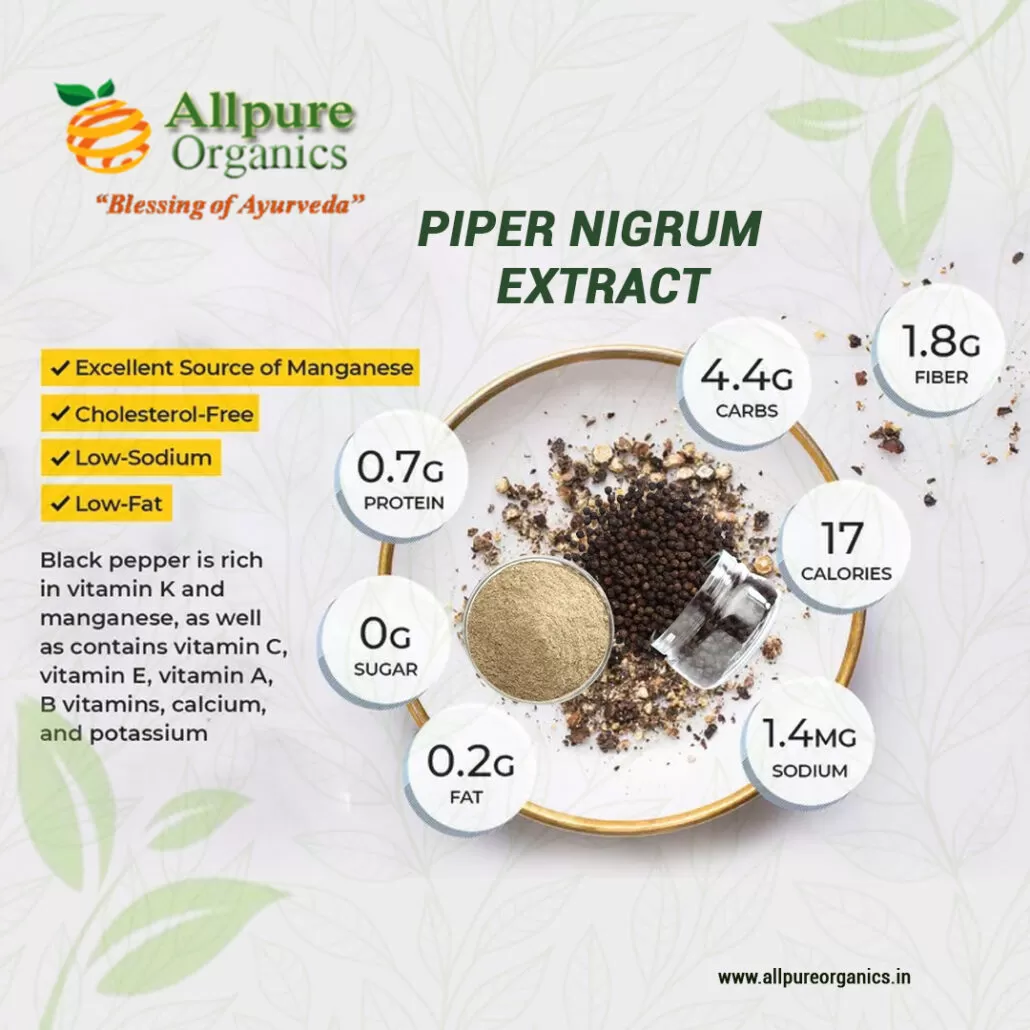Description
Piper nigrum L. is commonly used as a traditional medicine and food in many countries. It has been reported to have anti-oxidant, anti-bacterial, anti-tumor, anti-mutagenic, anti-diabetic, and anti-inflammatory properties. However, the effect of P. nigrum on allergic rhinitis (AR) has been unclear. In the present study, an OVA-induced AR mice model were established to investigate the anti-allergic, anti-inflammation properties of P. nigrum fruit extract (PNE). Oral administrations of PNE inhibited the allergic nasal symptoms including rubbing and sneezing in the early-phage of AR. In both NALF and nasal tissue, PNE suppressed the inflammatory cells accumulation, specifically with eosinophils in NALF. Additionally, PNE prevented the activation of STAT3 and NFκBp65 signaling in the cytoplasm which led to increasing the synthesis of the anti-inflammatory Th1 cytokines and suppressing the inflammatory Th2, Th17 cytokines. These obtained results suggest that PNE has the promising strategy for immunotherapy in allergic rhinitis disease.
Keywords: Allergic rhinitis; Eosinophil; NFκBp65; Nasal epithelium; Piper nigrum; STAT3.






Reviews
There are no reviews yet.